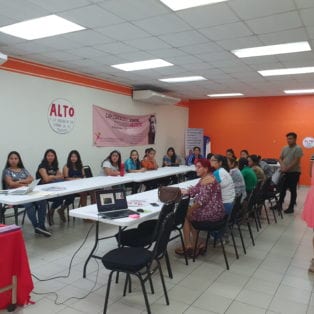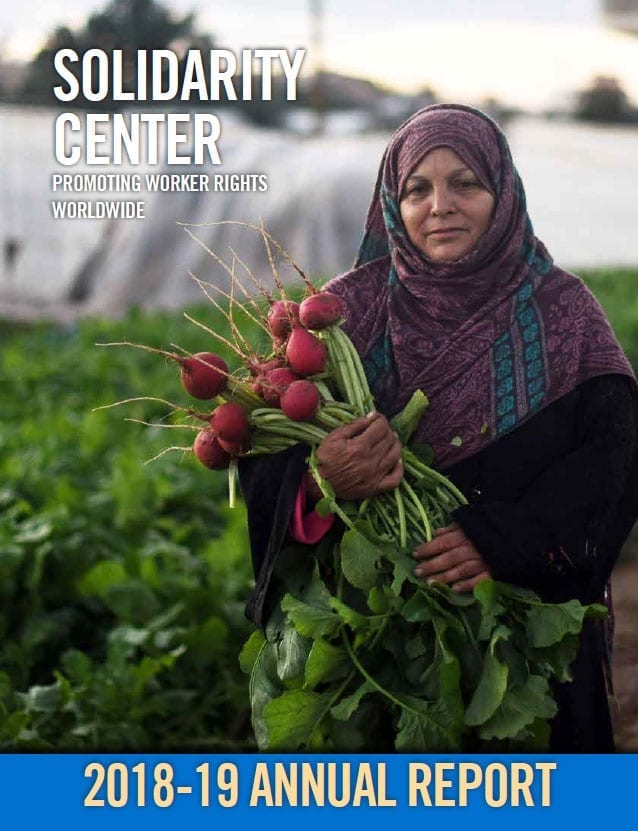Domestic workers in Honduras increasingly are exercising their rights on the job in the country, where they have few labor law protections and so are especially vulnerable to abuse. More than 100 workers recently joined SINTRAHO (Sindicato Nacional de Trabajadoras del...
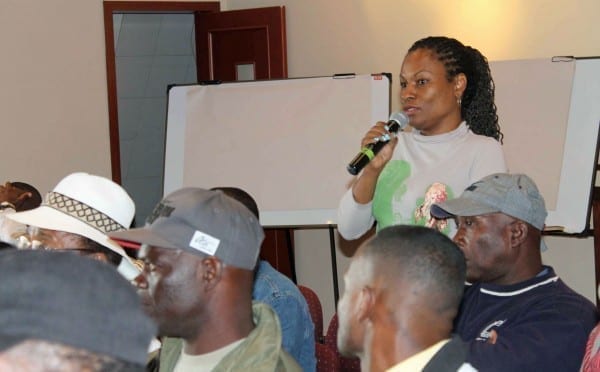
The Solidarity Center supported the development of the Afro-Colombian Labor Council, the first national organization in Colombia dedicated to improving the working conditions of Afro-descendants. Credit: Solidarity Center/Rhett Doumitt
- Conducts research and awareness-raising to challenge systems of oppression and inform inclusive approaches to building worker power across social identities at all levels
- Supports representative, inclusive leadership in our partner organizations
- Engages in cross-movement work to combat tools of oppression that impact women, including gender-based violence and harassment at work
- Brings together unions and community groups to identify shared socioeconomic struggles, analyzes how those struggles are linked to systemic racism and implements organizing, legal and advocacy strategies to collectively overcome the oppression that entraps workers in poverty
- Advocates for economic policies that uproot systemic discrimination and exploitation in labor markets.
Annual Report, 2018–2019
Download here.
[IndustriAll] Gender Violence Study in Brazilian Garment Factories Provides a ‘Wake-up Call to Action’
The vast majority of Brazilian textile and shoe factory workers who took part in a recent study say they have experienced some form of violence at work, often gender-based violence and harassment—to the extent that “for many women, work is synonymous with suffering,” writes the Solidarity Center’s Tula Connell.
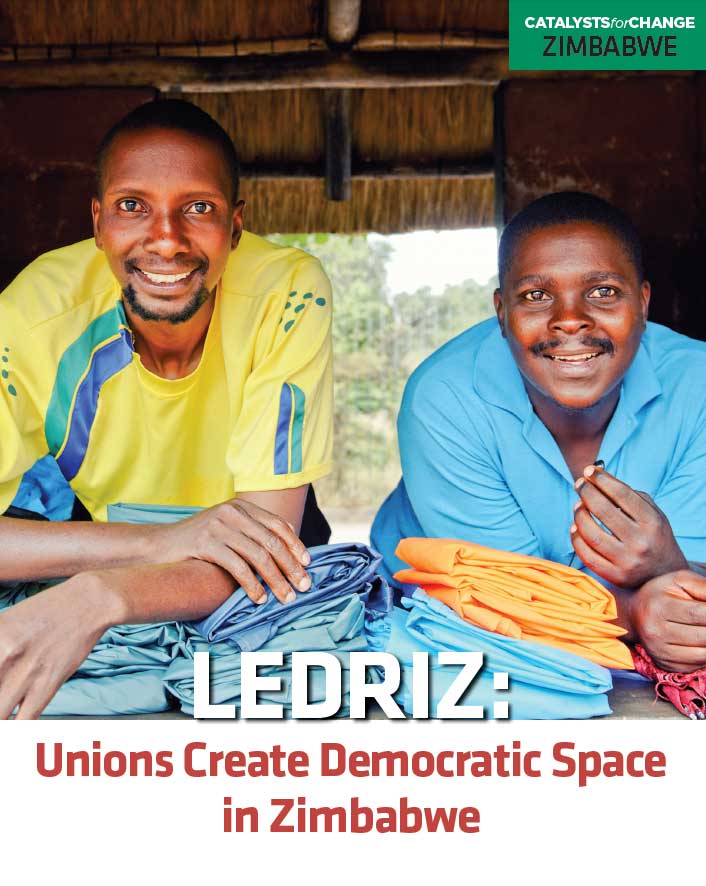
Unions Create Democratic Space in Zimbabwe (2013)
Unions in Zimbabwe are ensuring the concerns of working people are heard—while highlighting issues feeding into the nation's poverty crisis, a Solidarity Center report finds. English (PDF) Arabic (PDF) French (PDF) Spanish (PDF) Sources
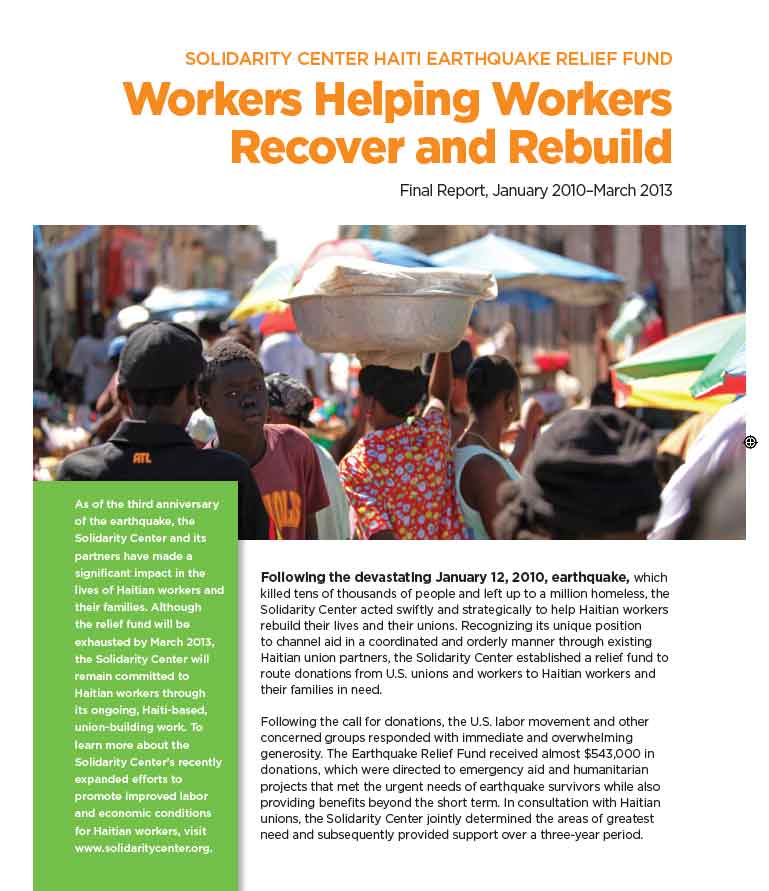
Solidarity Center Haiti Earthquake Relief Fund: Workers Helping Workers Recover and Rebuild. Final Report, January 2010-March 2013
Following the devastating January 12, 2010, earthquake in Haiti, the Solidarity Center established a relief fund to route donations from U.S. unions and workers to Haitian workers and their families in need. The final report on these efforts, released on the third...
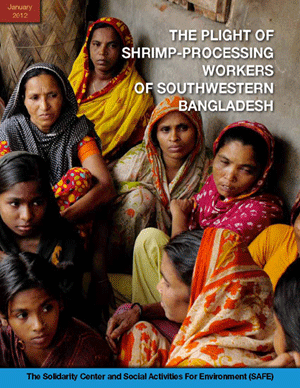
The Plight of Shrimp-Processing Workers of Southwestern Bangladesh (2012)
Bangladesh’s labor code addresses pay, working hours, and on-the-job conditions. However, in the shrimp-processing industry, the code is not being adequately enforced. Bangladeshi shrimp-processing workers—the majority of whom are women—still face inadequate health...
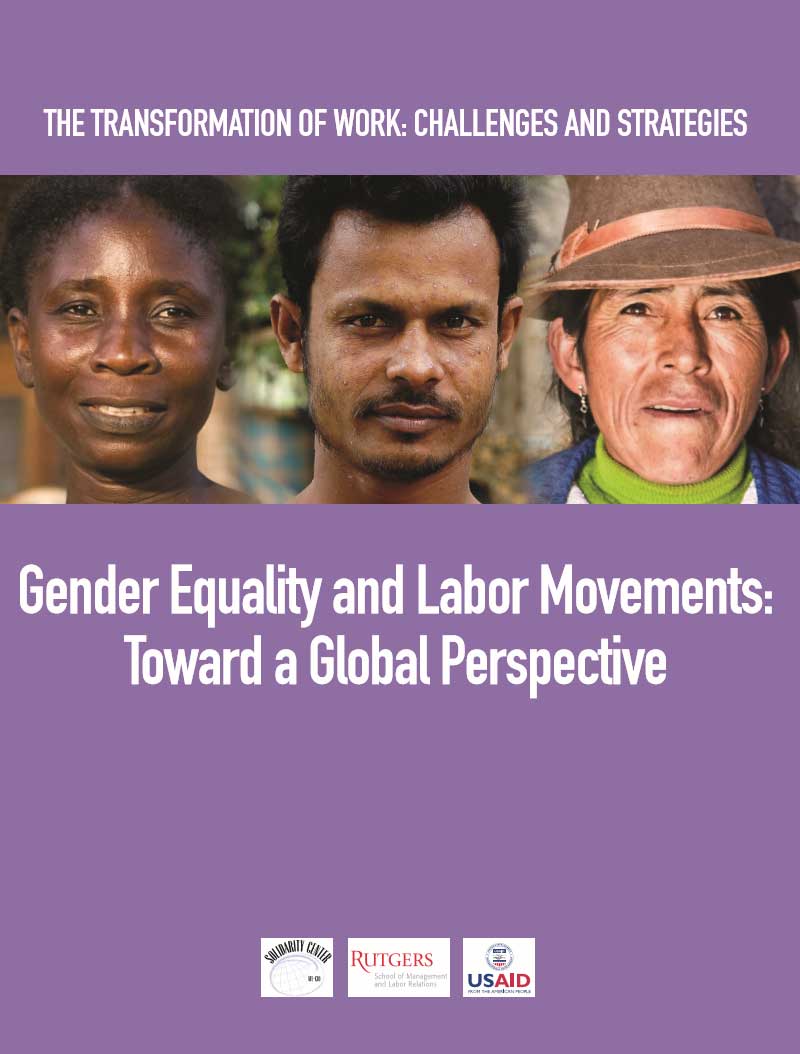
Gender Equality and Labor Movements: Toward a Global Perspective (Rutgers, 2012)
A critical review of the English-language research on gender equality and labor movements highlighting “best practice” case studies around the world most relevant to those engaged in building democratic and humane societies. This Solidarity Center report is part of a...
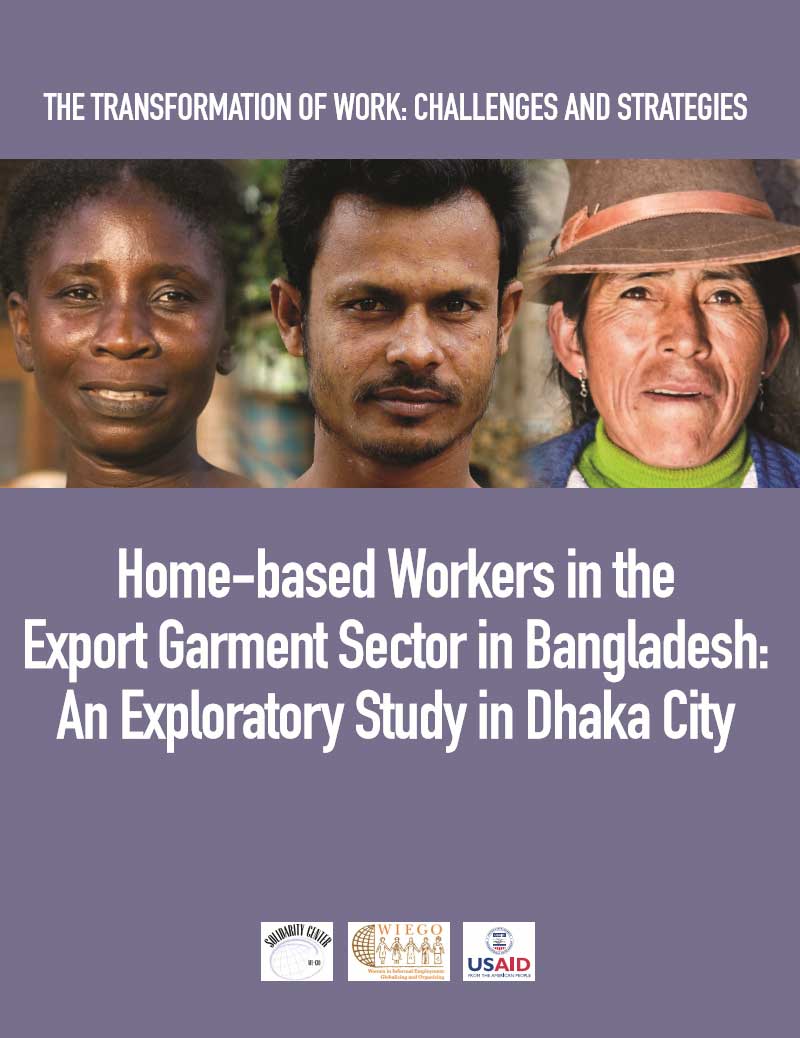
Home-based Workers in the Export Garment Sector in Bangladesh: An Exploratory Study in Dhaka City (Wiego, 2012)
Workers in the home-based export garment sector remain an invisible segment of the labor market, and this report is first step toward a systematic documentation of this phenomenon, with special emphasis on employment conditions, worker livelihoods and issues affecting...
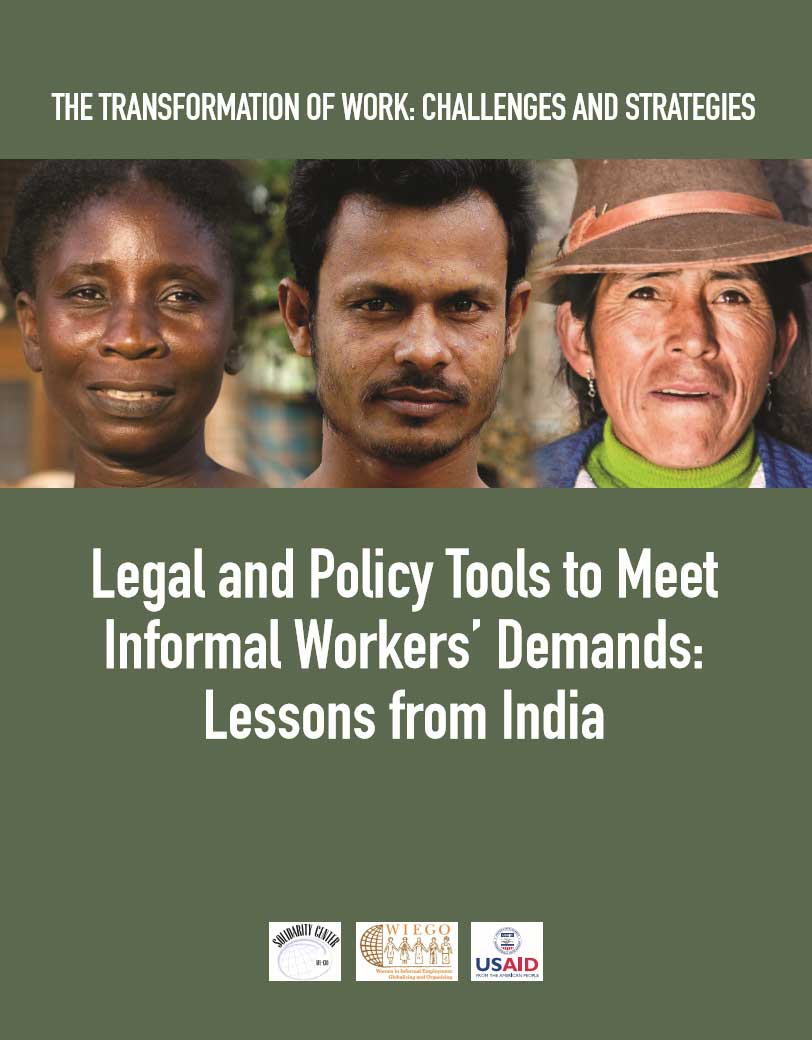
Legal and Policy Tools to Meet Informal Workers’ Demands: Lessons from India (WIEGO, 2012)
This report highlights key lessons from a WIEGO pilot project in India examining the nature of the informal economy and the way legal and policy tools can address the concerns of those working in the informal economy. This Solidarity Center report is part of a...

